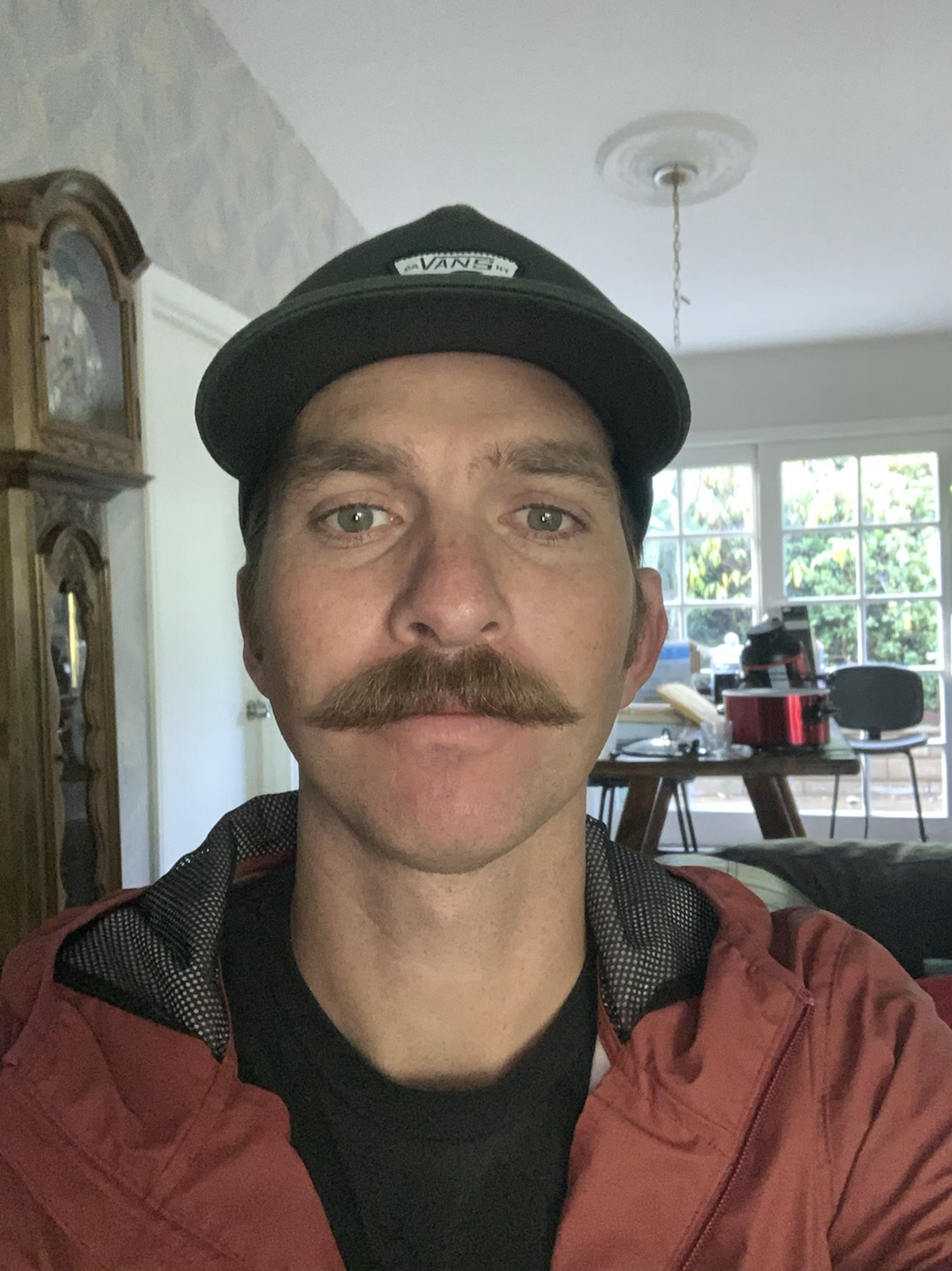
How to Keep Your Puppy From Play Biting You
- Joel Ebstein

- Sep 23
- 2 min read
Bringing a puppy home is full of joy, cuddles, and… tiny teeth! Play biting is one of the most common challenges new puppy parents face. It’s natural — puppies explore the world with their mouths and test boundaries through playful nips. But while those little teeth may seem harmless now, it’s important to teach your pup early that biting humans isn’t okay.
Here are some proven tips to stop play biting before it becomes a bigger problem.
1. Understand Why Puppies Bite
Puppies nip for a few reasons:
Exploration – they’re curious and use their mouths like hands.
Teething – between 3–6 months, chewing helps soothe sore gums.
Play and attention – littermates bite each other, so they often transfer this behavior to people.
Knowing this helps you respond calmly, rather than getting frustrated.
2. Redirect With Toys
Always have chew toys handy. If your pup bites your hand, immediately replace it with a toy. Praise them warmly when they chew the toy instead of you. This teaches: “Chewing toys = good. Chewing humans = not so fun.”
Tip: Rotate toys to keep them interesting — rubber chews, rope toys, and frozen teething toys work great.
3. Teach Bite Inhibition
When puppies play with their littermates, a hard bite usually makes the other pup yelp and stop playing. You can mimic this:
If your puppy bites too hard, give a sharp “Ouch!” or “No bite!” in a firm (but not angry) tone.
Stop playing for a moment — withdraw attention.
Resume play once your pup is calm.
This helps them learn to control the strength of their bite.
4. Don’t Encourage Rough Play
Games like wrestling or letting your pup gnaw on your hands may seem cute now, but they send mixed signals. Stick to fetch, tug-of-war (with rules), and training games instead. These give your puppy healthy outlets for energy and bonding.
5. Reward Gentle Behavior
Reinforce calm, polite behavior with praise and treats. For example:
Pet your puppy when they sit quietly.
Give treats when they lick instead of bite.
The more you reward the good, the less they’ll rely on the bad.
6. Manage Energy Levels
A tired puppy is less likely to bite. Make sure your pup gets:
Regular walks (appropriate for age and vaccines).
Short play sessions throughout the day.
Training exercises that work their brain.
Over-tired or under-stimulated puppies often nip more.
7. Stay Consistent
Everyone in the household needs to follow the same rules. If one person allows rough play and another doesn’t, your puppy will get confused. Consistency is key to building good habits.
8. Know When to Seek Help
If your puppy’s biting is intense, frequent, or paired with growling/aggression, it may be more than normal play. In that case, consider working with a certified dog trainer or behaviorist for guidance.
Final Thoughts
Play biting is a normal puppy phase, but with patience, redirection, and consistency, you can teach your pup gentle manners. Remember: every bite is a teaching opportunity. The habits you set now will shape your dog’s behavior for years to come — so start early, stay consistent, and enjoy the journey with your new best friend.

Comments